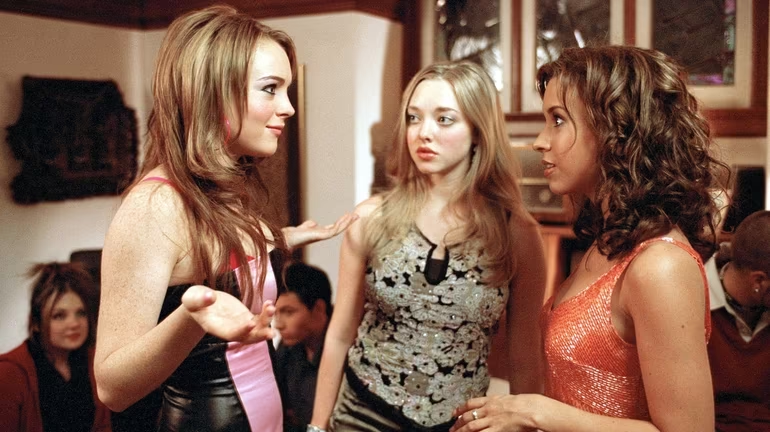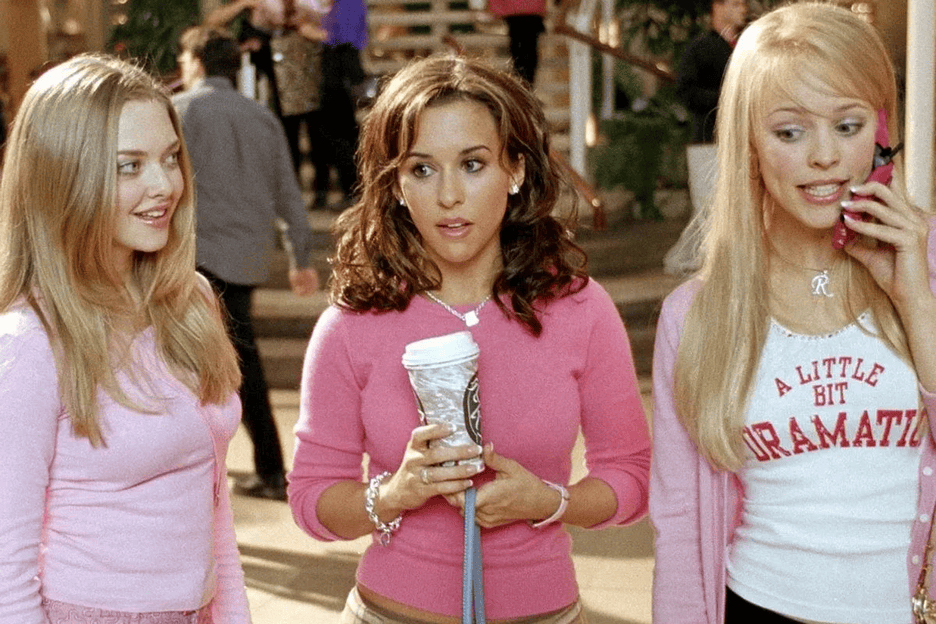
Lacey Chabert has established a remarkable career in both film and television, yet her depiction of Gretchen Wieners in Mean Girls (2004) stands out as one of her most unforgettable and culturally significant roles. As a member of the notorious group known as The Plastics, Gretchen infused the film’s clever narrative with both humor and emotional depth.
Her interpretation of this eager-to-please yet multifaceted character played a crucial role in solidifying Mean Girls as a quintessential teen comedy. This article examines the influence of Lacey Chabert’s performance, the importance of her character, and the reasons her portrayal continues to be celebrated years later.
Released in 2004, Mean Girls was penned by Tina Fey and directed by Mark Waters. The film provided a humorous yet insightful exploration of high school social hierarchies, following Cady Heron (Lindsay Lohan) as she navigates the intricate landscape of cliques and popularity.
The movie quickly emerged as a cultural phenomenon, generating countless memorable quotes and shaping an entire generation’s understanding of teenage relationships. A significant part of its success can be attributed to the outstanding performances of its cast, with Lacey Chabert’s depiction of Gretchen Wieners emerging as one of the most engaging and relatable characters.
Gretchen Wieners transcended her role as merely Regina George’s (Rachel McAdams) sidekick—she was a character rich with contradictions, insecurities, and an intense longing for acceptance. Her pursuit to be “fetch,” coupled with her ongoing quest for validation, rendered her one of the most complex characters in the film.
Beneath her polished facade, Gretchen displayed profound emotional vulnerability, making her one of the most relatable members of The Plastics. Lacey Chabert skillfully combined humor with depth and insecurity, creating a character that resonated with audiences on multiple levels.
“That’s why her hair is so big. It’s full of secrets!”
This quote became one of the film’s most iconic lines, encapsulating Gretchen’s internal conflict between loyalty and the burden of secrets she bore. It highlighted her deep investment in The Plastics while subtly suggesting her yearning for liberation.
The “Fetch” Movement
One of Mean Girls’ standout moments was Gretchen’s effort to popularize the term “fetch.” Although Regina George quickly dismissed it, the phrase gained traction in pop culture, symbolizing trends that attempt but ultimately fail to gain traction.
Her Breakdown in Class
In a pivotal scene, Gretchen succumbs to the pressure of constantly trying to satisfy Regina. Her emotional outburst during class about Caesar’s betrayal was both comedic and revealing, illustrating her frustration and highlighting her desire for genuine friendship.
Lacey Chabert’s talent for blending comedic timing with authentic emotion made Gretchen Wieners an unforgettable character. Her performance transcended mere humor; she infused Gretchen with a relatable sense of insecurity that many viewers connected with.
Chabert’s portrayal ensured that Gretchen Wieners became one of the film’s most intricately developed characters, making her performance essential to Mean Girls’ enduring appeal.
Almost two decades later, Mean Girls remains relevant, with new audiences continuing to appreciate its humor and social insights. Lacey Chabert’s interpretation of Gretchen Wieners is still a vital component of the film’s allure, affirming that her role is among the most significant performances in teen cinema history.


